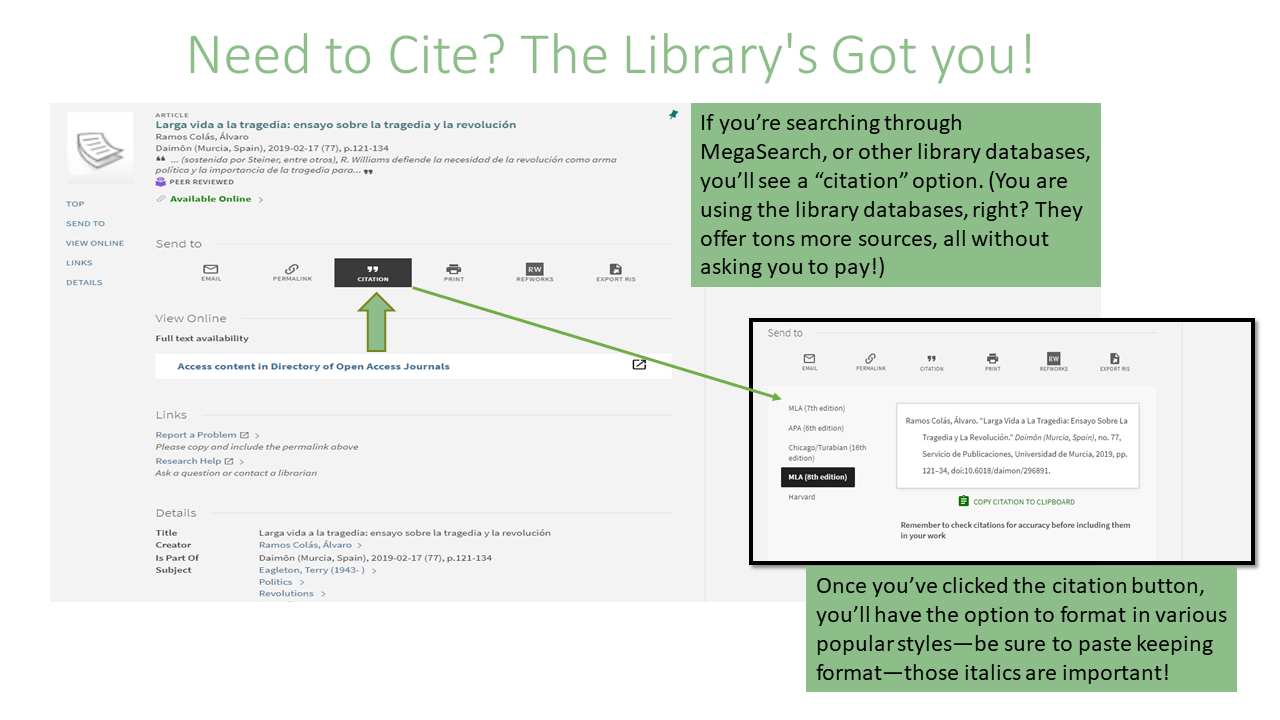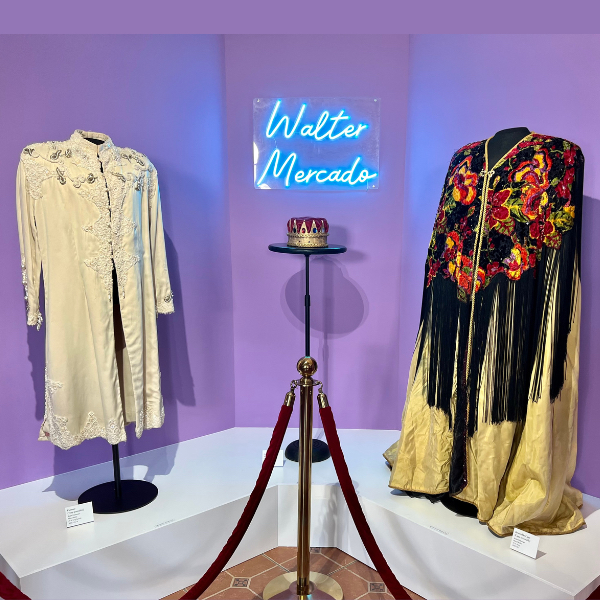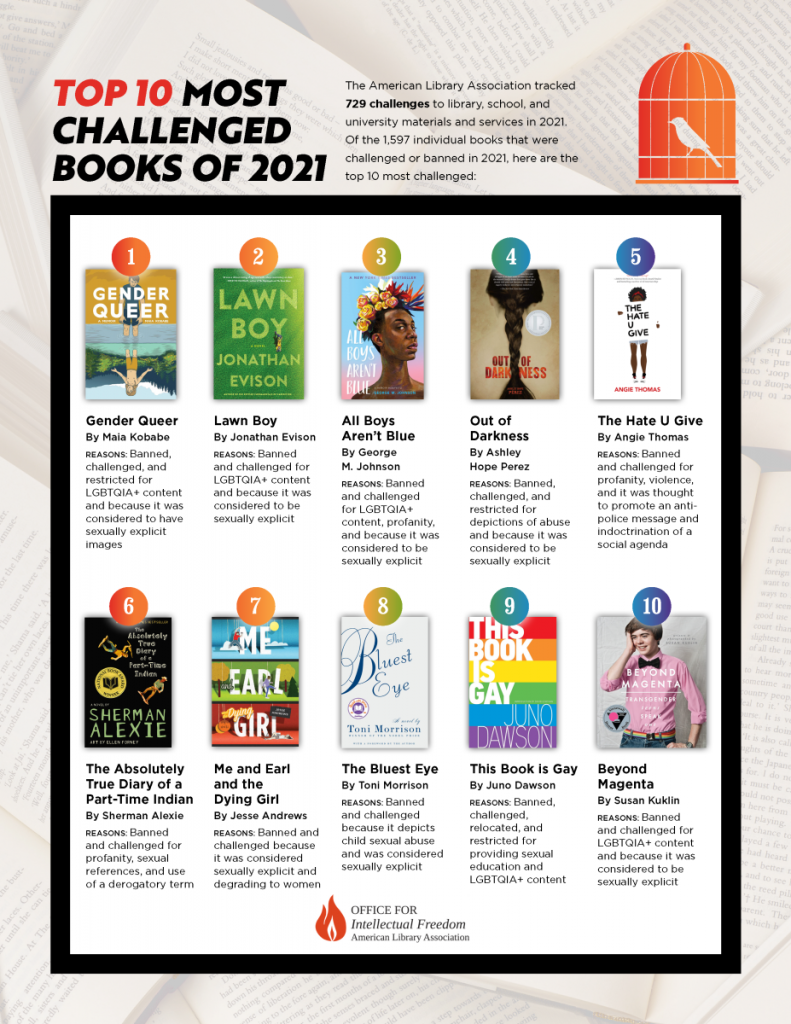The Ames Library is celebrating Hispanic Heritage Month by highlighting history, people, and digital collections that include and represent Hispanic, Latinx, and Chicano/a/x communities.
Celebrated from 15 September until 15 October, Hispanic Heritage Month celebrates the contributions and importance of persons whose ancestors came from Spain, Mexico, the Caribbean, Central America, and South America. The day of September 15 is significant because it is the anniversary of independence for Latin American countries Costa Rica, El Salvador, Guatemala, Honduras and Nicaragua. In addition, Mexico and Chile celebrate their independence days on September 16 and September18, respectively.
For this first week, check out some of the databases available through Ames.
ArtStor is a repository of thousands of collections of digital images. Topics include but are not limited to foreign languages, decorative design, African/American studies, classical studies, history, Medieval studies, photography, and women’s studies. This year, ArtStor highlights 28 open collections for Hispanic Heritage Month. Those collections include maps, art, scholarly works, and oral history projects, to name a few.
Contemporary Women’s Issues is a multidisciplinary, full-text database that brings together relevant content from mainstream periodicals, “gray” literature, and the alternative press with a focus on the critical issues and events that influence women’s lives in more than 190 countries. Contemporary Women’s Issues includes English-language titles from East and West Africa, Asia, and South and Central America, the Caribbean, North America and Europe.
The Diversity, Equity, and Inclusion Collection contains thousands of selected titles covering Asian Studies, Women’s Studies, Black Studies, Hispanic/Latino Studies, and much more. It is a comprehensive and curated subscription developed to represent all voices – regardless of gender, race, sexual orientation, physical ability and religious belief.
Independent Voices is a digital collection of alternative press newspapers, magazines and journals, drawn from the special collections of participating libraries. These periodicals were produced by feminists, dissident GIs, campus radicals, Native Americans, anti-war activists, Black Power advocates, Hispanics, LGBT activists, the extreme right-wing press and alternative literary magazines during the latter half of the 20th century.
Informe Academico provides access to Spanish- and Portuguese-language scholarly journals and magazines. The database offers a wide range of content both from and about Latin America.
World Scholar: Latin America and the Caribbean Regional Portal covers Latin America culture and society from the 15th century to the present day. The collection consists of a Portal and Archive component. Launching with 293 portals based on Person, Topic, Event, Named Work and Country types users can delve into over 1.3M pages of archival material (Archive) and hundreds of periodicals, newspapers, magazines, reports, and data feeds (Portal).








